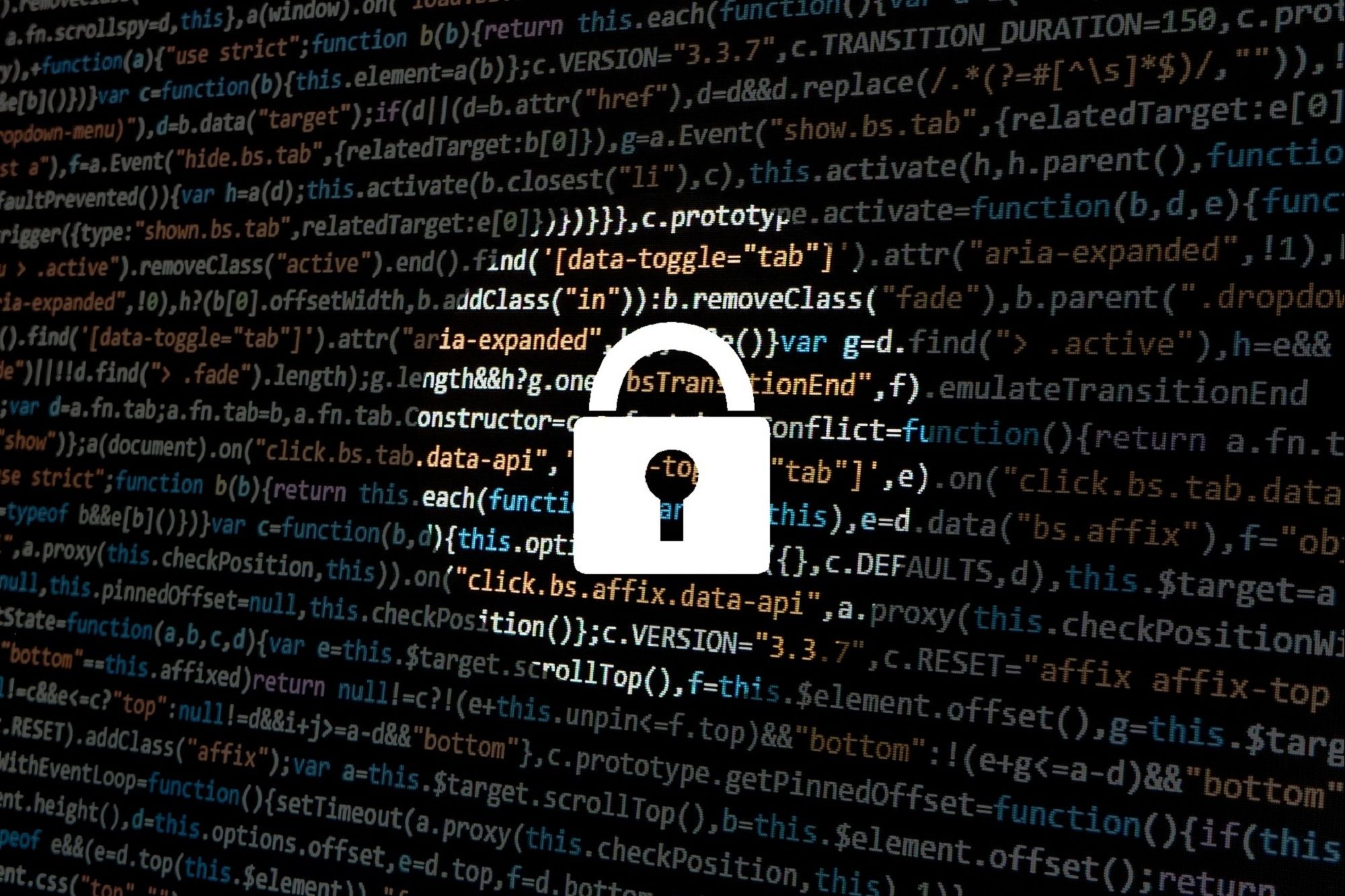Blockchain Technology can be Critical to IoT Infrastructure Security Over 45 billion IoT devices are expected to be connected by 2021, while the cumulative cost of data breaches between 2017 and 2022 is expected to touch $8 trillion
By Floyd DCosta •
Opinions expressed by Entrepreneur contributors are their own.
You're reading Entrepreneur Asia Pacific, an international franchise of Entrepreneur Media.

The era of Internet of things (IoT) is upon us and it is impacting our lives. Today, technology has pervaded into nearly all walks of life, and constant innovation has made it almost impossible to stay disconnected. However, with all the convenience that connected devices offer, there is also a growing risk of cyber threats that can cripple the IoT networks and infrastructure, and cause considerable economic and personal harm to users.
According to a report by Juniper Research, as much as 46 billion IoT devices are expected to be connected by 2021, while the cumulative cost of data breaches between 2017 and 2022 is expected to touch $8 trillion. Securing IoT would require adopting a future-ready, flexible and highly scalable cybersecurity strategy – a significant shift from current reactive approaches used by businesses that involve patching discovered vulnerabilities and adding new solutions without performing a comprehensive assessment.
IoT makes it possible to connect previously closed devices and appliances to the Internet and allow users to control their operations remotely. However, as more closed systems are made accessible online, they also become increasingly vulnerable to cyberattacks and hacks. From smart homes and offices to connected cars, unmanned aerial vehicles, autonomous trucks and even to critical infrastructure like industrial control systems as part of industrial Internet of things (IIoT) – all existing and emerging IoT networks face a very high risk of cyber threats.
Blockchain-powered cybersecurity
An emerging technology alongside IoT which offers much promise in helping secure connected devices is blockchain technology. While blockchain technology gained prominence originally in the world of fintech by ushering in the revolution of digital payments, this underlying technology behind the success and rise of cryptocurrencies could play an important role in cybersecurity, especially in the IoT space.
A blockchain-based cybersecurity platform can secure connected devices using digital signatures to identify and authenticate them, adding them as authorized participants in the blockchain network and ring-fencing critical infrastructure by rendering them invisible to unauthorized access attempts. Each authenticated device joining the blockchain-based secure IoT network is treated as a participating entity, just like in a conventional blockchain network. All communication among these verified participants (IoT devices) are cryptographically secure and are stored in tamper-proof logs.
Every new device added to the network is registered by assigning a unique digital ID on the blockchain network, and the platform provides secure channels for inter-device communication and offers all connected devices secure access to core systems or infrastructure as well. A blockchain-based cybersecurity solution can additionally leverage Software-Defined Perimeter (SDP) architecture and utilize a Zero-Trust model to render all authenticated devices invisible to attackers. This means that only verified devices can "see" or know of the existence of other connected devices, adding an extra layer of security to the IoT infrastructure.
Benefits and the way forward
A blockchain powered platform uses a decentralized set-up, further denying cyber attackers a single point of failure to target to bring down such a network. Consensus-based control distributes the responsibility of security across nodes within a blockchain network, making it impossible for hackers to spoof their way into such a network, and also protecting IoT networks from being brought down via DDoS attacks. Decentralization also makes such a solution highly scalable – one of the biggest concerns of implementing cybersecurity on an ever-growing network such as in the case of connected devices. With every new device that gets added/removed, the change is immediately notified to all participants, letting the system be adaptable and flexible to expand and evolve over time without significant upgrades to the platform in entirety.
Such a system can be used to secure smart homes, connected autonomous vehicles, critical IIoT infrastructure and even entire smart cities. A cybersecurity solution based on blockchain technology enhanced using SDP architecture offers a next-generation, future-proof way to secure IoT devices, networks and communication, not just from present-day vulnerabilities and cyber risks, but remain just as robust in anticipating emerging vulnerabilities and offering protection against them.
Both blockchain and IoT are emerging technologies, with most innovations in these domains being at nascent, proof-of-concept stages. However, blending the strengths of blockchain technology with the potential of IoT can quickly and effectively propel entire industries, cities and nations into the "smart" space, by easing the burden of securing an ever-expanding perimeter of unconventional devices and critical infrastructure without impeding the rate of innovation.












